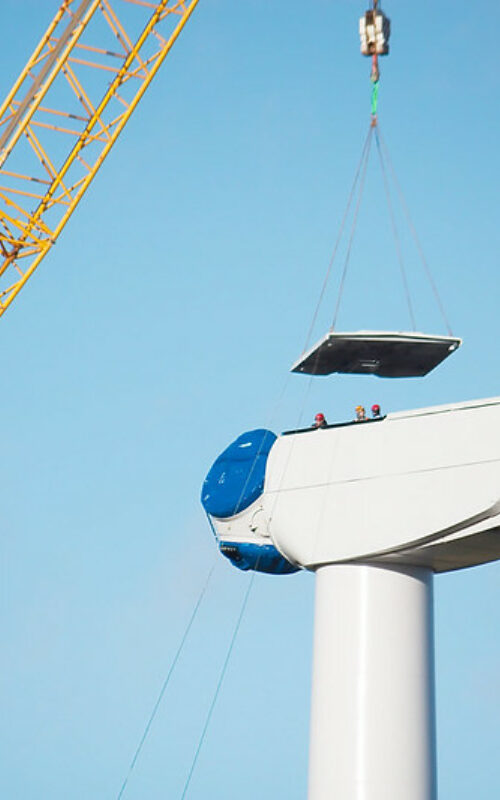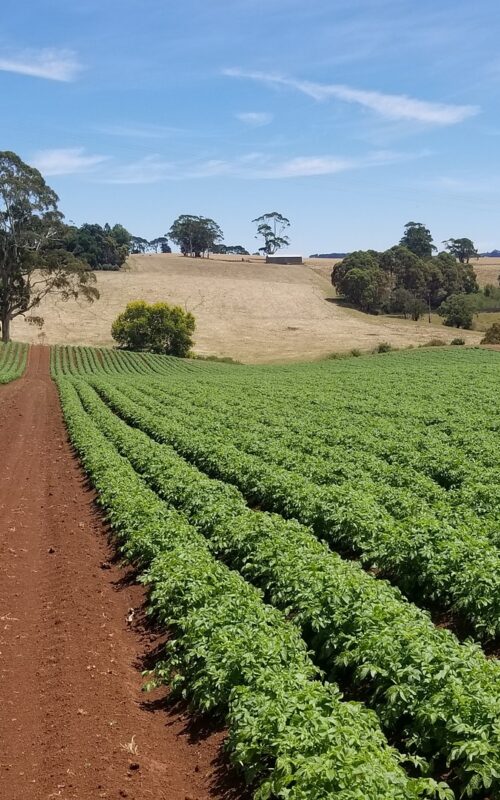Press releases
Media contacts:
press@climateanalytics.org
+49 1525 6124 061
Sign up to our media mailing list to receive our press releases and media alerts.

Global stimulus plans for economic recovery after the pandemic could easily cover climate-friendly policies, suggests new study.

If China were to achieve its announced goal of achieving carbon neutrality before 2060, it would lower global warming projections by around 0.2 to 0.3°C, the biggest single reduction ever estimated by the Climate Action Tracker.

Governments are largely not making climate change action central to their COVID-19 recovery packages, despite some signs of good intentions, according to a new analysis released today by the Climate Action Tracker (CAT). The CAT has analysed the post-pandemic recovery packages of a selection of five big emitting countries: the China, the European Union, India, South Korea and the USA, finding that only two of them lean towards using the pandemic recovery to address the global climate crisis.

A post-lockdown economic recovery plan that incorporates and emphasises climate-friendly choices could help significantly in the battle against global warming, according to a new study. This is despite the sudden reduction of greenhouse gas emissions and air pollutants during lockdown having a negligible impact on holding down global temperature change.

By aligning the next round of carbon cutting targets with the 1.5°C limit in the Paris Agreement, governments could halve the massive GDP losses in tropical countries and other severe climate impacts that would otherwise be expected by the end of this century under current climate action, according to a study published today in Earth System Dynamics.
